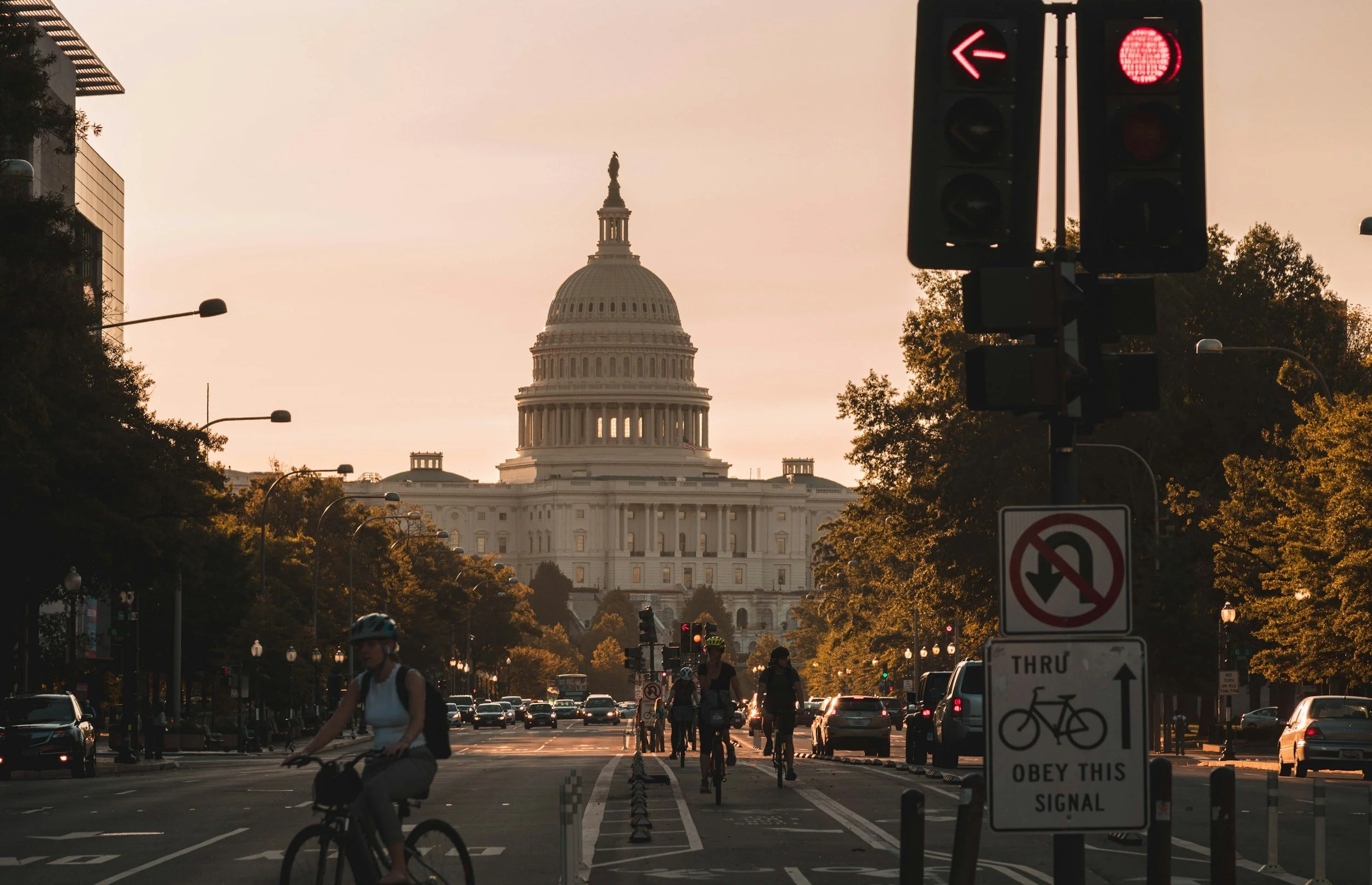What is a podcast?
Podcasts have exploded in popularity in recent years, becoming a popular medium for everything from entertainment and education to news and business. But what exactly is a podcast, and how can small businesses and creators use them to connect with their communities?
At its simplest, a podcast is an audio program that is distributed online. Typically, podcasts are produced in a series format, with new episodes released on a regular basis. Listeners can subscribe to podcasts using an app or service such as Apple Podcasts, Google Podcasts, or Spotify, and new episodes will be automatically downloaded to their device.
The history of podcasts dates back to the early 2000s, when the term was first coined by a journalist named Ben Hammersley. At the time, podcasting was a niche medium that was mostly used by hobbyists and independent creators. But as the technology improved and the audience for podcasts grew, more and more mainstream media outlets began to create their own shows.
Today, podcasts are a hugely popular medium, with millions of people around the world tuning in to listen to their favorite shows every week. In recent years, podcasts have become particularly popular among small businesses and creators, who use them as a way to connect with their communities and promote their products and services.
One of the key benefits of podcasts is their versatility. Unlike traditional radio shows, podcasts can cover a wide range of topics and formats, from interviews and panel discussions to scripted dramas and storytelling. This means that businesses and creators can tailor their podcasts to suit their specific needs and goals.
For example, a small business might create a podcast that features interviews with customers, industry experts, or other businesses in their niche. By doing so, they can position themselves as a thought leader in their field and build a loyal following among listeners who are interested in the same topics.
Similarly, creators can use podcasts as a way to promote their work and connect with their fans. For example, a writer might create a podcast that features readings from their latest book, interviews with other writers, or discussions about the writing process. By doing so, they can build a community of fans who are passionate about their work and eager to hear more.
Another advantage of podcasts is their portability. Unlike other forms of content such as videos or blog posts, podcasts can be consumed while people are on the go. This means that listeners can tune in while they are driving, exercising, or doing household chores, making podcasts a convenient way to consume content in a busy world.
For small businesses and creators, this means that podcasts can be a valuable tool for reaching their audience even when they are on the move. By creating high-quality, engaging content that listeners can tune into while they are out and about, businesses and creators can build a loyal following and reach new customers and fans.
Of course, creating a successful podcast requires more than just recording some audio and uploading it to the internet. To be successful, businesses and creators need to create content that is engaging, informative, and relevant to their audience.
This means that businesses and creators need to invest time and resources into creating high-quality content that will resonate with their listeners. They also need to promote their podcasts through social media, email marketing, and other channels to ensure that people know about them and tune in regularly.
Despite the challenges, however, the benefits of podcasts are clear. For businesses and creators looking to connect with their communities and build a loyal following, podcasts offer a unique and effective way to do so. By creating engaging, informative content that listeners can tune into at any time, businesses and creators can establish themselves as thought leaders in their field and build a loyal community of fans and customers.
















